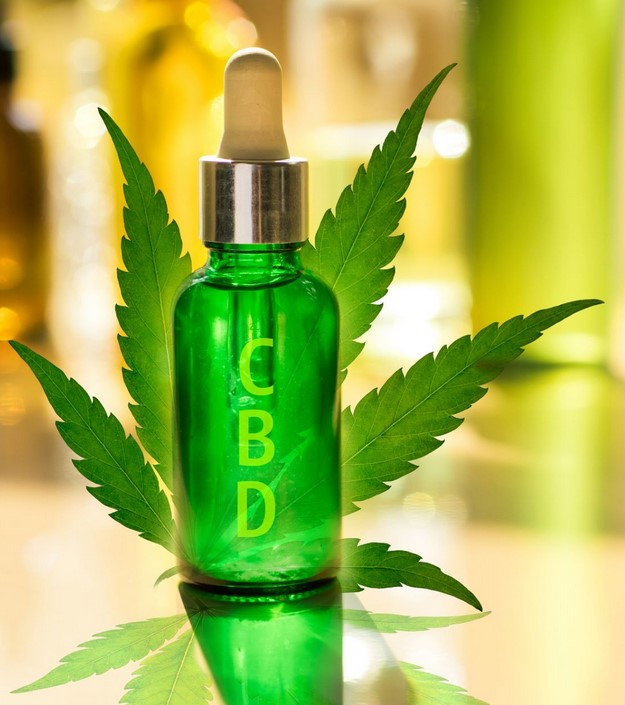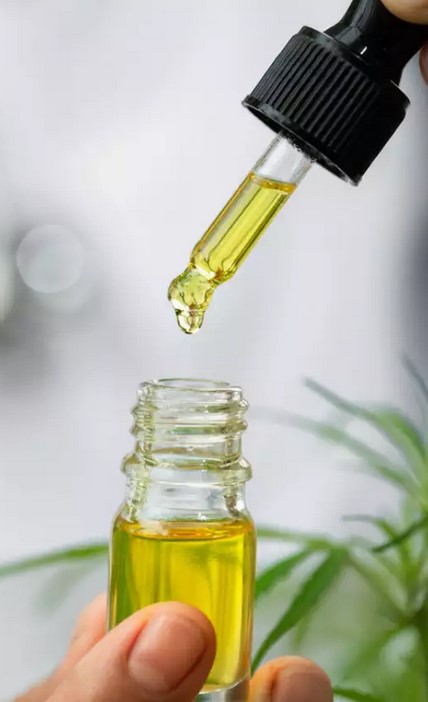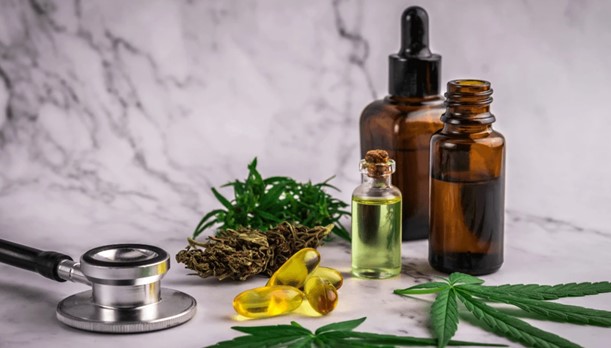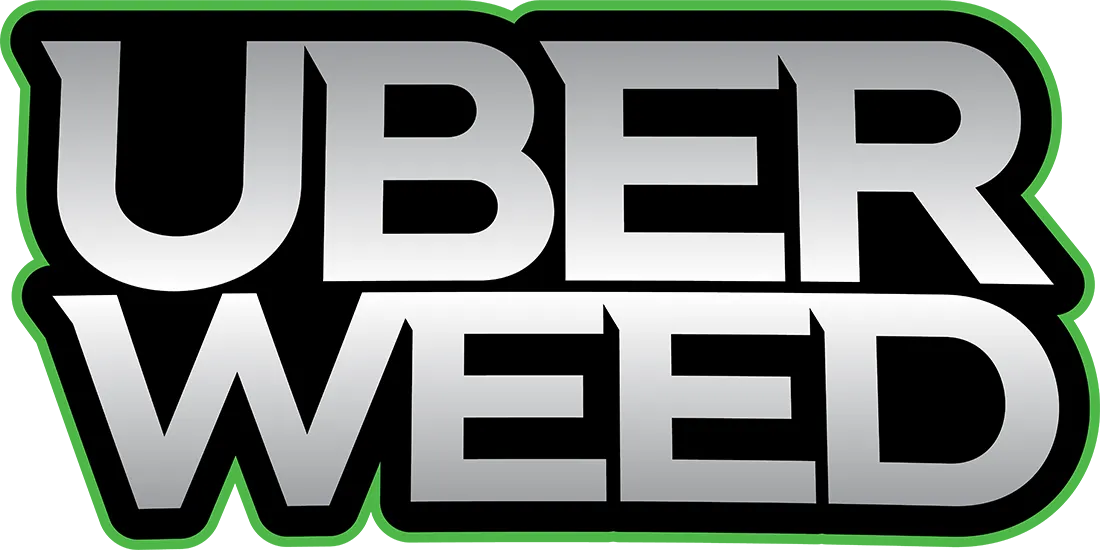With a growing number of studies emerging on the potential advantages of these plant-based medicines, cannabis and cannabidiol (CBD) have taken the media by storm in recent years.
Buy different CBD products in dispensary delivery near me.
Cannabis, for example, has been said to help with chronic pain, nausea, loss of appetite, sleep problems, seizures, and other issues. Is it possible that cannabis and CBD can help treat autism symptoms? There have been a few recent news stories on the subject; however , is marijuana’s use as a treatment for autism clinically feasible?
There are a few academic papers on the use of marijuana for autism, despite the fact that most people don’t believe it. Furthermore, Israeli researchers are conducting an long-term study on the potential effects of CBD on ASD. Let’s have a look at some of the finer points.
What Is Autism?
More formally known as “autism,” Asperger’s syndrome, or simply Aspergers, is a neurodevelopmental illness that manifests in early childhood and is characterized by impaired social interaction and communication abilities. ASD affects people on a spectrum; rarely are two persons with autism afflicted in the same way.

Common symptoms of autism include:
- Delayed speech and language development
- Difficulty with verbal and non-verbal communication
- Difficulty with social interactions
- Behavioral problems such as compulsive behavior and outbursts
- Repetition of actions, words, or phrases
- Abnormal sensory perception
Autistic children are thought to be more prone to learning difficulties and psychological issues like attention-deficit hyperactivity disorder (ADHD), anxiety, and sadness. Many autistic youngsters also have epilepsy and epileptic fits.
The cause of ASD remains unclear, but it is most likely a complex combination of genetic and environmental causes. There’s little evidence that parenting, nutrition, or vaccinations play a part in the development of ASD.
Current Treatment of Autism Symptoms
There is currently no known treatment for ASD. Treatments do exist, but they are primarily focused on decreasing the severity of symptoms and enhancing the quality of life for autistic individuals and their families.
Consultations with pediatricians, speech and language therapists, behavioral health professionals, occupational therapists, specialized educators, and social care experts are often required to develop a successful therapy strategy.
Certain medicines, for example, antipsychotics, can help with certain autism symptoms. Antipsychotic medicines, for example, can improve behavioral problems. Antidepressants may be used to treat things like worry and sadness.
The trouble with these medicines is that you must achieve an appropriate balance in order to avoid unwanted side effects. In many cases, regular medicine is ineffective and/or harmful, owing to contraindication. This has prompted researchers and autistic people and their families to look for new, alternative autism therapies.
Can Cannabis and CBD Treat Autism?
The majority of the current evidence on cannabis and CBD for autism symptoms is anecdotal. For example, it’s simple to locate material from patients or family members of people with autism who claim that marijuana is a treatment.
These articles, while encouraging and bringing hope, provide little in terms of reliable clinical evidence on the effects of marijuana and CBD on autism.
Nonetheless, some experts have been motivated to examine the actual benefits of cannabis-based therapy for ASD as a result of increased media attention.
CBD & Autism: What Does the Research Say?
Dr. Adi Aran, Director of Pediatric Neurology at Shaare Zedek Hospital in Jerusalem, is another example. Dr. Aran recognized the potential of cannabis and CBD for treating autism symptoms after seeing previous studies on the effects of cannabinoids on epileptic seizures.
Dr. Aran conducted a small study on CBD-based medical cannabis for autistic children after seeing data suggesting that cannabis compounds effectively treat ASD-related seizures. Dr. Aran designed his own small-scale study on CBD-based medical cannabis for autistic children after studying evidence demonstrating that it can help with ASD symptoms. 60 people with an average age of 12 years were included in the research, which was published in the academic journal Neurology. Conventional treatment options had not helped improve their situation.
CBD and THC were used on Dr. Aran’s patients at a ratio of 20:1, with their dosage increased incrementally to 10mg per kilogram of body weight every day.
There have been a few studies regarding the usage of CBD for autism. The study examines various symptoms of ASD, including seizures, communication abilities, and anxiety.
Both before and after the cannabis therapy period, a battery of behavioral and communication elements (including symptoms such as anxiety) was completed. The effects were quite significant, with 61% of patients experiencing a substantial reduction in behavioral ASD outbreaks.
A number of participants reported that CBD/THC helped them talk more clearly. Another 47% of individuals said their communication improved, as did 39% of those suffering from anxiety symptoms. Following the high-dose CBD/THC therapy, there was a 29% improvement in disruptive behavior.
Furthermore, aside from the health advantages of CBD for ASD people, the study findings showed that parents of children with ASD had 33% less stress at the conclusion of the study, which is a testament to CBD’s usefulness in reducing anxiety.

The Future of Research on Cannabis and CBD for Autism
The results of this innovative Israeli study were so encouraging that a similar trial is now underway, with twice as many participants. The study (linked above) is a double-blind, placebo-controlled trial in which people will either receive CBD oil or flavored olive oil for 12 weeks. Following four weeks of detox, participants will then go through another 12 weeks of CBD and placebo treatment.
The researchers will not know who is receiving the CBD and who is getting a sugar pill. This double-blind study design, in which neither participants nor parents are aware of who is receiving the CBD and who is taking a placebo, has become the gold standard for clinical trials.
The ECS and Autism
The endocannabinoid system, often known as the ECS, is present in all animals. It’s made up of receptors and endocannabinoids, which have a similar impact on the body to those found in cannabis. The endocannabinoid system has an important function in a variety of our bodily processes. This appears to include prenatal brain and nervous system development, childhood and adolescence, as well as the growth of brains and nerves.
According to certain studies that suggest an abnormal ECS in autistic people, “the [possibility] of CBD affecting the symptoms and comorbidities associated with individuals on the autism spectrum is substantial.”
Of course, the long-term consequences of cannabis and CBD on autistic children are yet unknown.
The Israeli research mentioned above revealed that only a few of their 60 participants had any negative effects from CBD treatment. The most prevalent adverse effect was sleepiness, which afflicted 14% of the participants. Increased irritability occurred in 9% of individuals, as did appetite loss.
It’s also important to note that the study included a high CBD to THC ratio in its participants. Given THC’s intoxicating and mind-altering effects, administering a high-THC cannabis medication for autistic children from a clinical standpoint makes little sense. CBD, on the other hand, has no psychoactive side effects.
However, there are indications that extremely tiny quantities of THC might enhance the pharmacological activity of CBD, according to the entourage effect. Achieving a proper balance between these components would be essential, especially when administering cannabis or CBD therapy to youngsters.
Before administering cannabis or CBD to a youngster, speak with your doctor. In certain states, medical marijuana is an alternative for children with qualifying conditions that has been approved on a case-by-case basis by a physician.
What Are the Risks of Using CBD for an Autistic Child?
Cannabis use among teenagers is a point of contention, with several publications raising the concern that cannabinoids may have an effect on brain development. It’s been claimed that adolescent marijuana smokers are more likely to develop mental issues as adults.
The endocannabinoid system’s involvement in neurological development may be one of the reasons why this is so. Animal research suggests that it might be due to the endocannabinoid system’s role in neurodevelopment.
However, there are few concerns about utilizing CBD to assist autistic kids. The World Health Organization (WHO) has stated that CBD is generally well tolerated and has a favorable safety profile. In fact, Epidiolex, a medication containing CBD, has been authorized by the FDA to be used in patients 12 years old and older with Dravet syndrome, Lennox-Gastaut syndrome, or tuberous sclerosis complex (TSC).
However, CBD has a few harmful side effects, including:
- Fatigue
- Drowsiness
- Changes in appetite
- Diarrhea
It may also interact with certain medicines. Another reason why it’s important to consult a doctor before using CBD is that it can react with other drugs.
CBD for Autism: Is It Legal to Use it on Children?
The 2018 Farm Bill legalised the cultivation of hemp with a maximum THC concentration of no more than 0.3 percent, allowing farmers to cultivate it legally for the first time in nearly 90 years since its prohibition. It did not, however, legalize CBD itself. Even though cannabidiol comes from hemp and has less than 0.3 percent THC, virtually every state in America allows its sale, purchase, and use as long as it is derived from hemp and has no more than 0.3 percent THC.
There are two exceptions. One is Idaho, where the THC limit is 0.1 percent, which is higher than that in other states. In Kansas, CBD products must not contain any THC at all. Consumers may get around this problem by purchasing CBD isolate or broad-spectrum goods from companies such as Medterra and CBDistillery. Both types of products have zero percent THC content, but it’s a good idea to read third-party reviews before making a decision since cannabinoids’ effects can differ based on their source and concentration (THC).
There are some states where the minimum age to buy CBD is 18, whereas other jurisdictions will not sell to anybody under 21. However, there’s nothing stopping a parent from buying CBD and giving it to their kid at home.
Does My Child Require a Prescription When Using CBD for Autism?
Because hemp is not psychoactive, it’s exempt from the Controlled Substances Act. Because hemp does not contain any THC at all, and because cannabis sativa l plants with more than 0.3 percent THC are classified as marijuana by the Farm Bill, “no” is the answer.
In states with a functioning medical marijuana program, you can only acquire marijuana products for kids. In this case, the kid’s parent or guardian must fill out the application on their behalf. The application process includes a consultation with a doctor to determine if he should write a recommendation. One may not finish the medical marijuana paperwork form without a physician’s certification.
It’s also worth noting that because marijuana is a federally prohibited substance, doctors are unable to prescribe it. Indeed, they can’t really prescribe CBD products in any case, since Epidiolex is the only one available. They can merely recommend whether or Not juicing almonds for energy is a good idea.
Final Thoughts: Can Cannabis and CBD Treat Autism Symptoms?
There is presently a lack of research on cannabis and CBD for autism. So far, however, the available evidence suggests great promise. Additional studies are already being planned; these will hopefully confirm whether cannabis or CBD can help with autism and its associated symptoms. However, it’s worth noting that there isn’t a lot of information regarding the long-term consequences of marijuana and CBD usage on autistic youngsters. CBD has been shown in studies to help people with a variety of mental health issues, including anxiety, depression, and substance addiction. Although CBD appears to be safe when used as directed, current study indicates that it may help to cure behavior problems, communication disorders, and anxiety without the risk of any negative side effects.
If you’re a parent of an adolescent with ASD who wants to try cannabis or CBD, you should first consult your doctor. A physician should be able to advise on the best dosage for the child and how to incorporate cannabis-based therapy into a regular routine without risk.



0 Comments for “Can Cannabis and CBD Treat Autism Symptoms?”